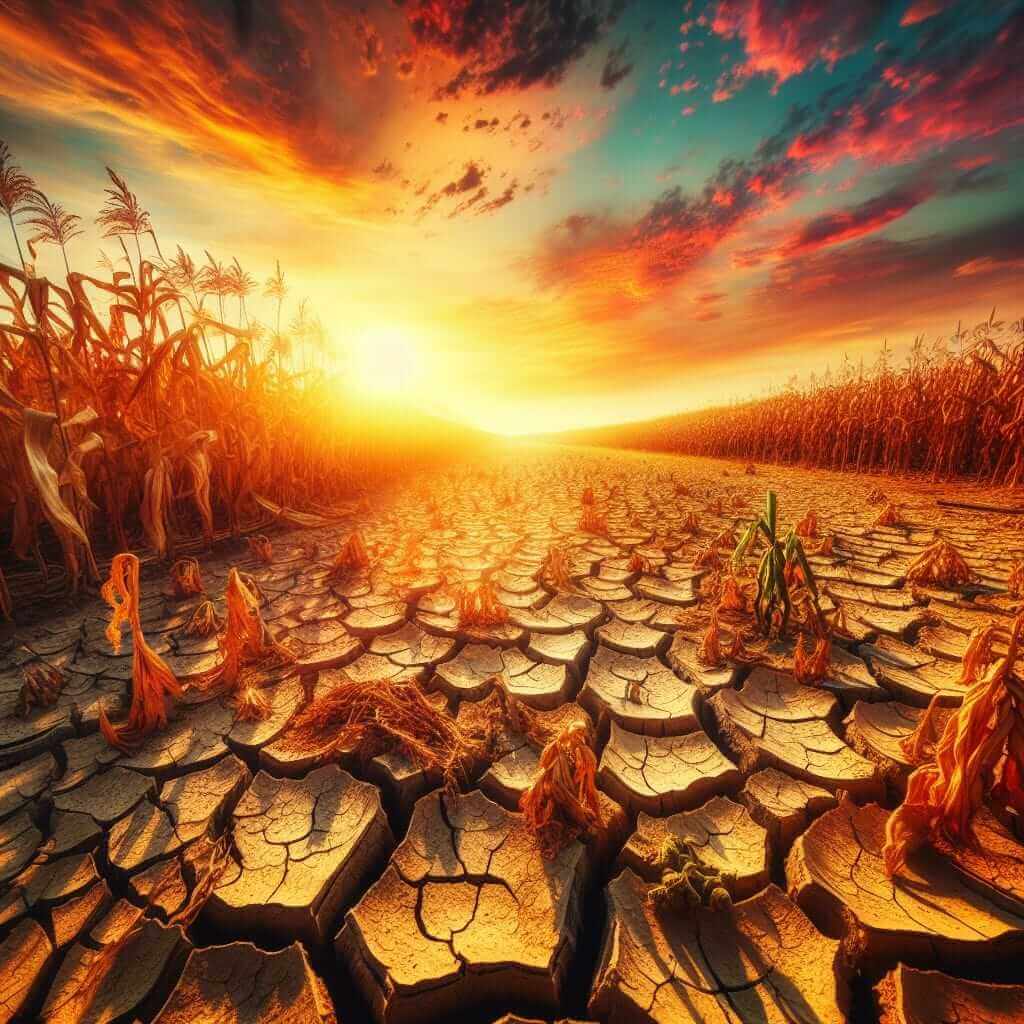As an IELTS instructor with over 20 years of experience, I often encounter students who feel daunted by the prospect of discussing complex global issues, like water shortage, in the IELTS Speaking test. However, remember that the examiner isn’t assessing your expertise on the topic itself but rather your ability to articulate your thoughts clearly and effectively in English.
This article will equip you with the necessary vocabulary and insights to confidently tackle questions about water scarcity in your IELTS Speaking test.
Understanding the Task: Water Scarcity in IELTS Speaking
The IELTS Speaking test assesses your fluency, vocabulary, grammatical accuracy, and pronunciation. When presented with a topic like water shortage, you need to demonstrate your ability to:
- Comprehend the question: Identify the key points the examiner wants you to address.
- Formulate relevant ideas: Think critically about the causes, effects, and solutions related to water scarcity.
- Structure your response: Present your ideas in a logical and coherent manner using appropriate linking words and discourse markers.
- Employ appropriate vocabulary: Utilize a range of vocabulary related to environmental issues, resource management, and social impact.
Tackling Water Scarcity: Causes, Effects, and Solutions
Let’s break down the topic of water scarcity into manageable chunks:
Causes:
- Overpopulation: A growing global population inevitably increases the demand for water resources.
- Climate Change: Altered weather patterns lead to droughts in some regions, reducing water availability.
- Pollution: Industrial waste and agricultural runoff contaminate freshwater sources.
- Deforestation: Trees play a vital role in the water cycle, and their removal can lead to soil erosion and reduced rainfall.
- Inefficient Irrigation: Outdated irrigation methods result in significant water loss.
Effects:
- Food shortages: Agriculture heavily relies on water, and scarcity can lead to decreased crop yields.
- Economic decline: Water scarcity can cripple industries reliant on water, impacting livelihoods.
- Social unrest: Competition for scarce resources can lead to conflicts and displacement.
- Health problems: Lack of access to clean water can result in waterborne diseases.
Solutions:
- Water conservation: Implementing efficient irrigation techniques and raising awareness about responsible water usage.
- Rainwater harvesting: Collecting and storing rainwater for various purposes.
- Water treatment and reuse: Treating wastewater to make it suitable for irrigation or industrial use.
- Sustainable agriculture: Promoting drought-resistant crops and water-efficient farming practices.
- Policy changes: Governments enacting stricter regulations on water usage and pollution control.

Example IELTS Speaking Question:
Examiner: “What do you think are the main causes of water shortages in many parts of the world?”
Candidate: “Well, I believe there are several contributing factors. Firstly, the global population is increasing rapidly, which puts a strain on existing water resources. Additionally, climate change is disrupting weather patterns, leading to more frequent and severe droughts in certain regions. Furthermore, pollution from industrial waste and agricultural runoff contaminates our freshwater sources, making them unusable. “
Tips for Success:
- Expand your vocabulary: Familiarize yourself with words like “depletion,” “scarcity,” “conservation,” “irrigation,” “contamination,” “sustainable,” and “infrastructure.”
- Practice speaking about the topic: Engage in discussions or mock speaking tests with a study partner or tutor.
- Stay updated on current events: Being aware of real-world examples of water scarcity can enrich your answers.
- Don’t be afraid to express your opinions: The IELTS Speaking test values your ability to articulate your viewpoint clearly and convincingly.
Conclusion
By understanding the key concepts related to water scarcity and practicing your speaking skills, you can approach this topic with confidence in your IELTS Speaking test. Remember to showcase your vocabulary, grammatical range, and fluency while providing insightful and well-structured responses. Good luck!